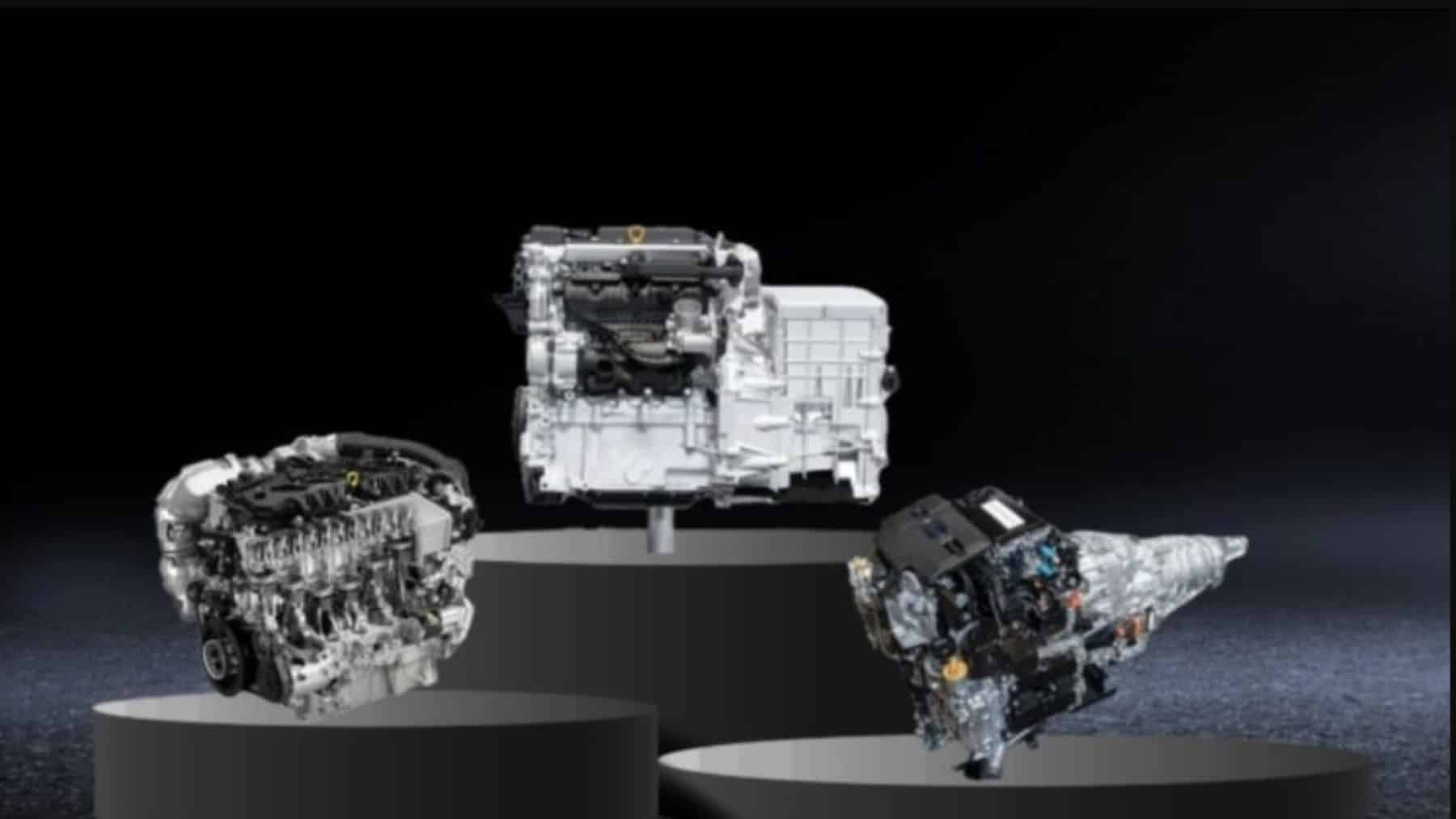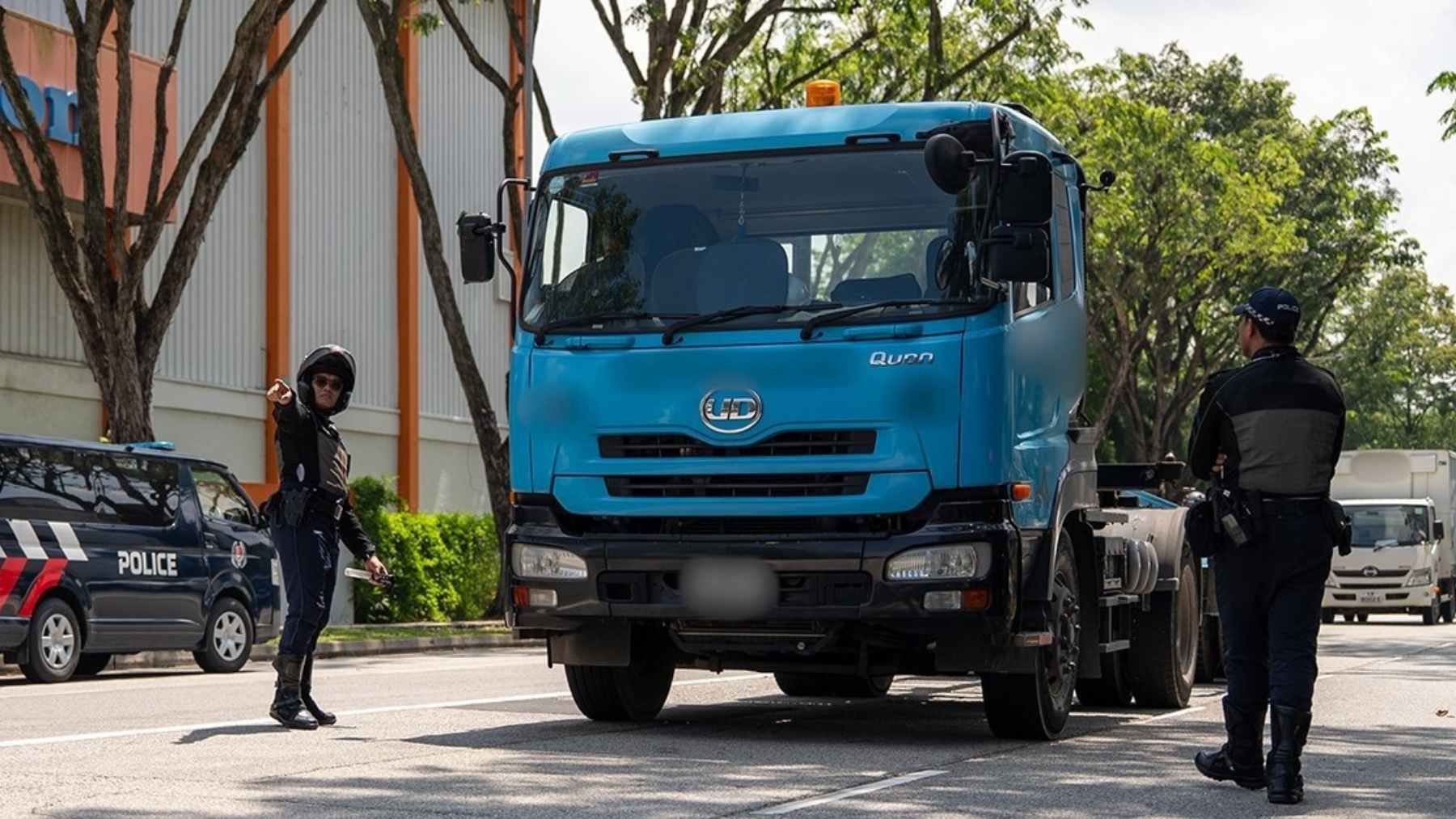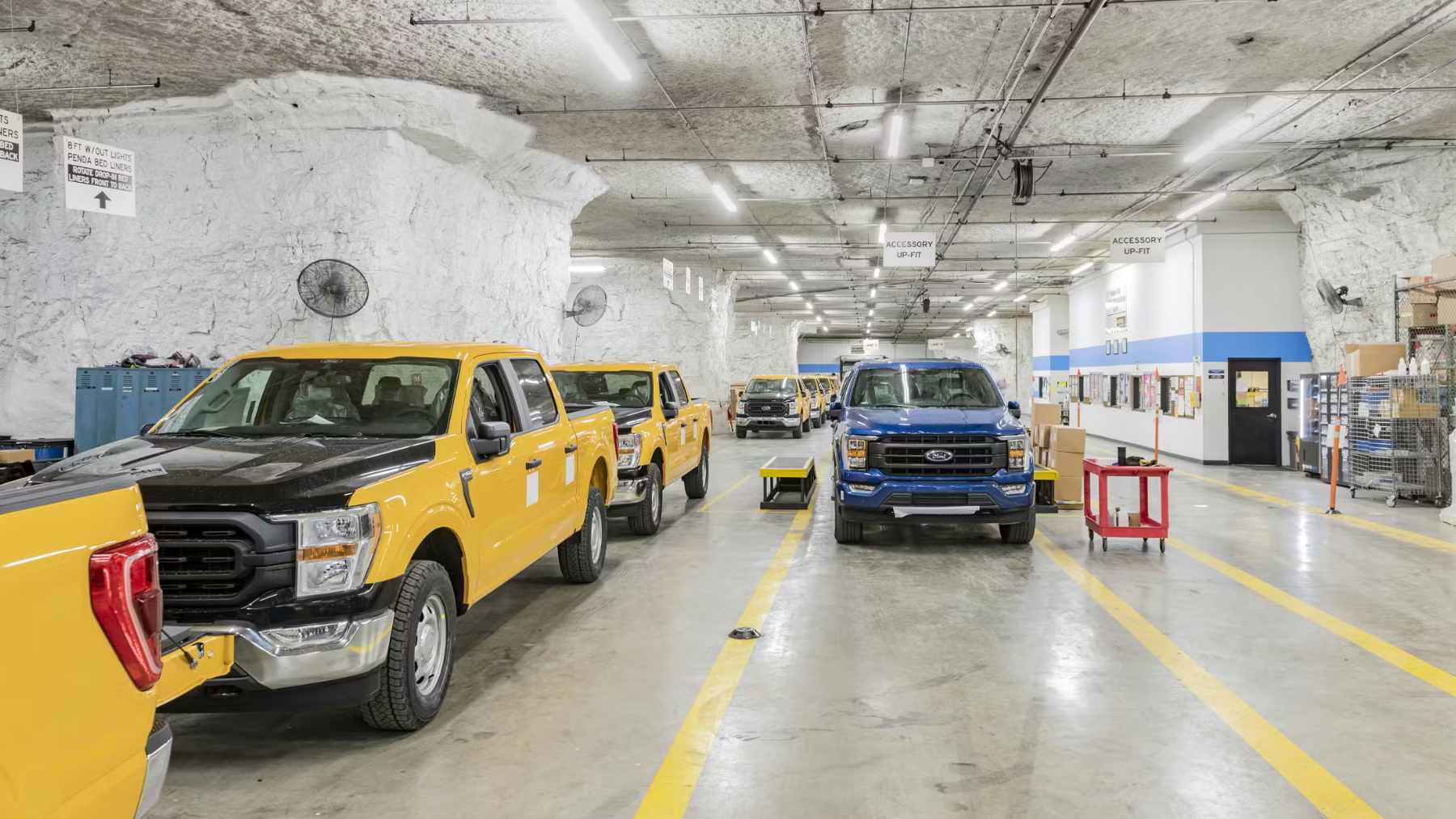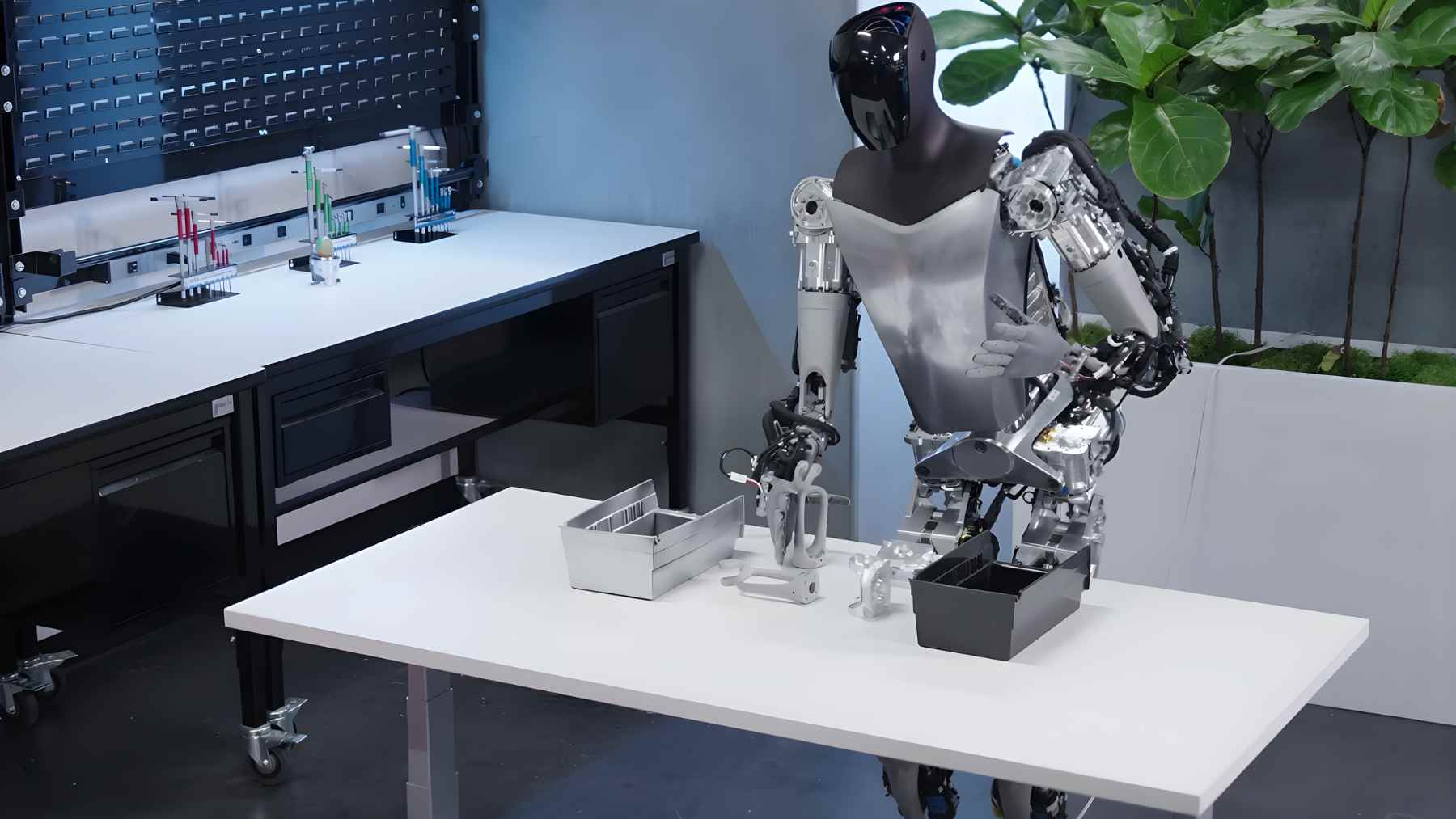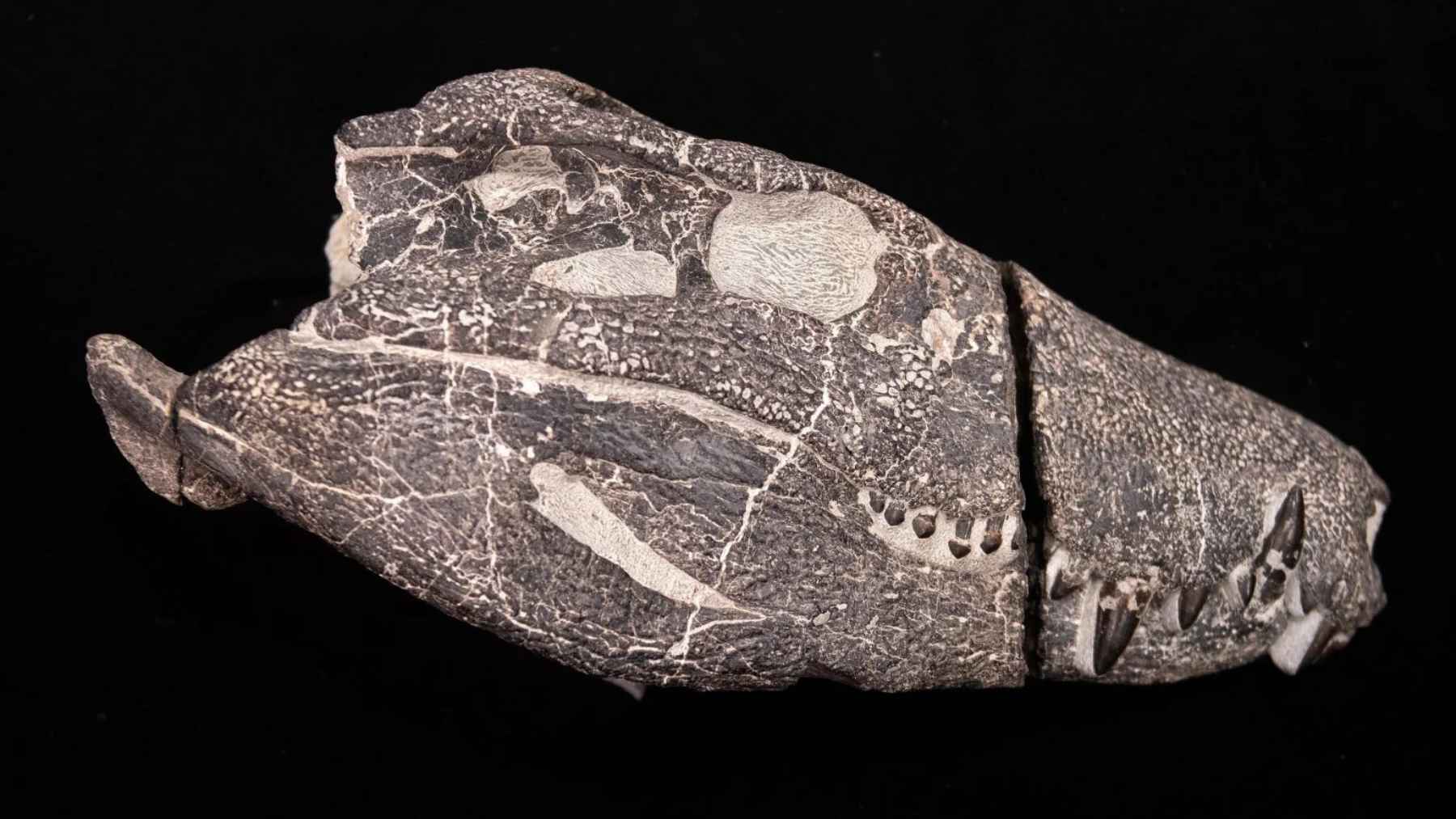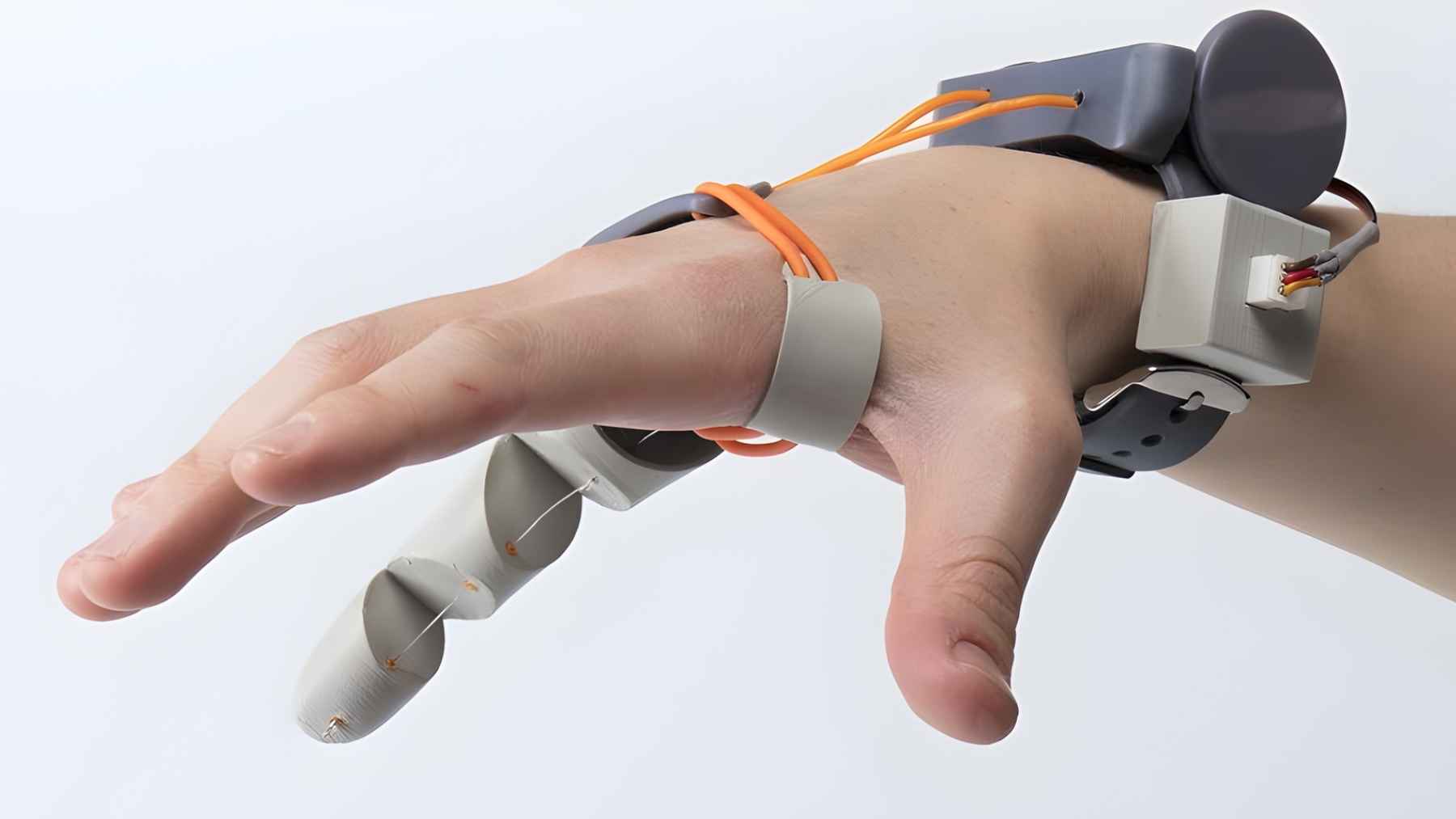Japan seems to be ditching the hydrogen dream and is drifting further away from the broader picture of hydrogen being the most sought-after green fuel. Japan has taken a new automotive direction, with Toyota, Subaru, and Mazda taking the lead and pursuing the pathway toward carbon neutrality. The direction Japanese automakers are going for is one that does not entail battery electric vehicles (BEVs) or fuel cell technologies only. Japan is considering internal combustion engines (ICEs) and many Japanese automakers are looking towards bioethanol and other green fuels for highways. Japan surely is putting the environment at the center of its focus still despite rerouting and moving in an alternate direction.
Drifting away from the hydrogen highway motive
Japan has heavily invested in hydrogen and has put billions into research and development. To date, Japan can be proud of some of their hydrogen-powered vehicles, including the Toyota Mirai and test projects like the Corolla Sport H2 Concept. However, Japan has come to realize the hurdles associated with hydrogen, including the cost factor linked with this fuel type. Furthermore, infrastructure roll-out has been slow and Japan has realized these hurdles are all too difficult to overcome.
While Toyota hasn’t completely changed the plan of looking into hydrogen for motorsport, Japan is no longer prizing hydrogen at the forefront of its transport policy. The Asian country is looking at greener fuels like bioethanol, which work well with existing infrastructure or can effectively be used for hybrid powertrains too with slight adjustments.
Drifting away from hydrogen does not signify the full force move away from electrification, nor does it mean that Japan is moving away from electrification dreams entirely. All this change in focus shows is practicality in terms of not having to rely on hydrogen or batteries constantly. Japan has come to believe that a multi pathway may prove to be far more lucrative.
Looking toward greener pastures and greener fuels
Toyota’s revelation of an “engine reborn” in May 2024 showcased a combustion engine that had been created to work well with green fuels. When combined with electric motors, such engines helped the drivetrain to ensure maximum performance and optimal range.
With countries other than China and Japan looking towards greener fuel types as well, it is no wonder why Japan is following suit. Malaysia too is testing the next fuel after hydrogen which Malaysia believes is methanol. Japan, however, has diverted its attention to bioethanol gained from plant materials like sugarcane or waste biomass. With the ease at which bioethanol can be transported and the scale at which it is produced, Japan seems to be doing itself a favor by looking at this cleaner alternative that poses no environmental harm when sourced sustainably.
Japan is still on the road to reducing its carbon footprint whilst ensuring that the pathway automakers in the country opt for does not lead to compromising the vehicle’s performance in any way.
Japan rerouting but still on the pathway to net zero
While even Italian automaker, Ferrari, bid farewell to their dreams of hydrogen, Japan too is understanding that clean energy does not follow a single fuel or single pathway only. When considering a fuel option, it matters most that access to fuel and economic considerations are kept in mind too.
Japan is not at all on a pathway to end cleaner transportation but to look a pathway that leads to practical solutions. Japan understands that the future cannot solely be marked by BEVs and thus Japan is looking at more flexible options in promoting their greener and cleaner mission on its highways. Japan is steering in a direction that it feels will promote sustainability and while the road ahead may be long, Japan understands that looking at engines reborn is far better than chasing a pathway of engines that’s far out of reach.
